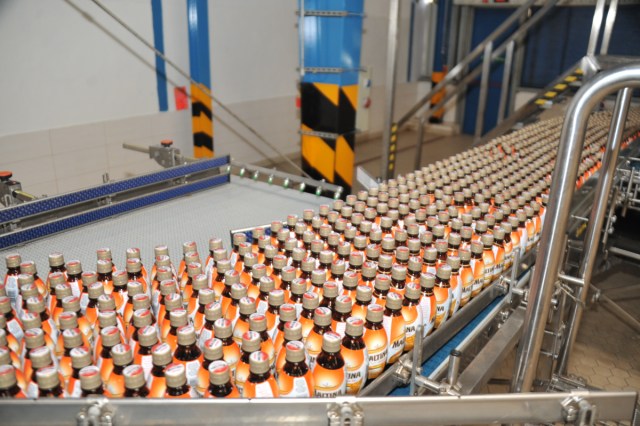Rising cost of goods and services is expected to compound Nigeria’s high cost of subsidizing fuel and eventually impede the nation’s ability to wriggle out of possible recession.
The World Bank disclosed this in its latest report titled “The Continuing Urgency of Business Unusual” obtained by Investors King.
According to a recent report from the Nigerian National Petroleum Company (NNPC), fuel subsidy gulped N947.53 billion in the first four months of the year while the national oil firm is yet to make any remittance to the Federation Accounts Allocation Committee (FAAC) so far this year.
The same firm said about N874.50 billion, N503.31 billion for April and N371 billion in arrears, would be debited from May 2022 proceeds expected to be shared at June FAAC Meeting.
Explaining the multilateral financial institution position, Shubham Chaudhuri, World Bank Country Director for Nigeria, said “When we launched our previous Nigeria Development Update in November 2021, we estimated that Nigeria could stand to lose more than 3 trillion Naira in revenues in 2022 because the proceeds from crude oil sales, instead of going to the federation account, would be used to cover the rising cost of gasoline subsidies that mostly benefit the rich. Sadly, that projection turned out to be optimistic”.
In the same vein, the bank estimated that in 2022 Nigeria will spend over $9 billion or almost 2% of its GDP on fuel subsidies despite its low crude oil production. The bank, therefore, revised upward the nation’s fiscal deficit from 5.3 to 5.8% of GDP.
“Due to the petrol subsidy and low oil production, Nigeria faces a potential fiscal timebomb,” the World Bank declared.
“With oil prices going up significantly, and with it, the price of imported gasoline, we now estimate that the foregone revenues as a result of gasoline subsidies will be closer to 5 trillion Naira in 2022. And that 5 trillion is urgently needed to cushion ordinary Nigerians from the crushing effect of double-digit increases in the cost of basic commodities, to invest in Nigeria’s children and youth, and in the infrastructure needed for private businesses small and large to flourish, grow and create jobs.”
However, the bank noted that despite better than expected performance recorded in the services and agriculture sectors, lower fiscal revenues continue to limit the government’s ability to expand its basic services, enhance economic recovery and protect the poor during a period like this.

 Forex3 weeks ago
Forex3 weeks ago
 Naira2 weeks ago
Naira2 weeks ago
 Billionaire Watch2 weeks ago
Billionaire Watch2 weeks ago



 Naira3 weeks ago
Naira3 weeks ago






 Naira2 weeks ago
Naira2 weeks ago




 Naira1 week ago
Naira1 week ago




 Naira4 weeks ago
Naira4 weeks ago






 Naira1 week ago
Naira1 week ago






















